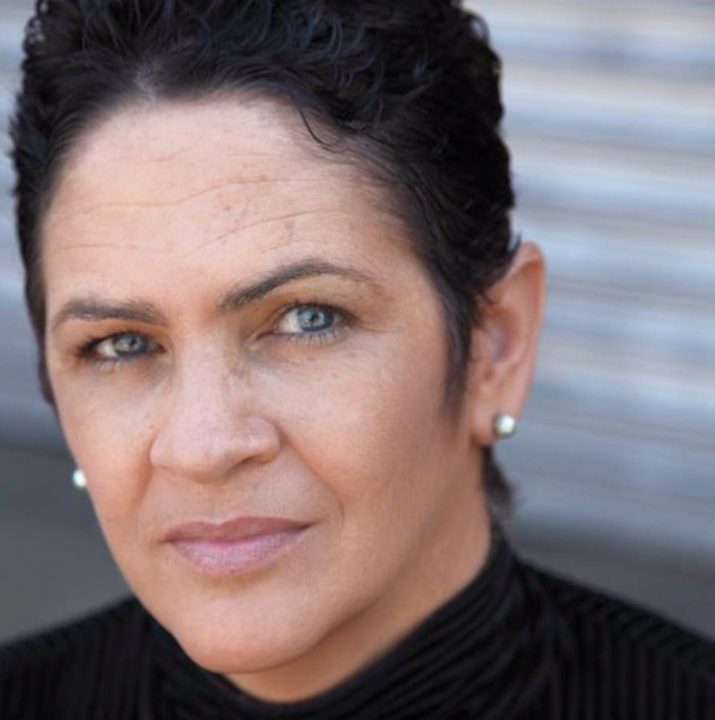In contemporary discourse, identity comprises multifaceted dimensions, particularly for those who identify as mixed-race individuals. This holds true in the context of Bahá’í teachings, which advocate for the essential oneness of humanity and the recognition of diverse identities. The narrative of Kathleen Cross, a mixed-race woman, encompasses the confluence of social, cultural, and spiritual elements reflective of Bahá’í principles. By appreciating her story, readers can glean insights into both personal and collective identity formation within the framework of Bahá’í teachings.
One of the foundational concepts in Bahá’í philosophy is the oneness of humanity, which posits that all individuals, irrespective of race or background, are members of a single human family. This tenet is essential in addressing issues of racial prejudices and embracing diversity. Mixed-race individuals often navigate a unique landscape when it comes to identity, as they embody various cultural heritages and societal expectations. In the case of Kathleen Cross, her journey exemplifies the enriching complexity of mixed-race identity. She articulates her experiences and the overarching narrative of the Bahá’í Faith, offering a microcosmic view of the broader human experience.
At the heart of Cross’s exploration is the acknowledgment of her multifarious heritage. She recounts the tensions and harmonies that arise from being of mixed descent, revealing how such an identity can simultaneously represent a source of conflict and a rich tapestry of cultural diversity. This duality is prevalent among mixed-race individuals, challenging societal norms and prompting a reevaluation of predominantly monolithic narratives. The Bahá’í teachings encourage individuals to embrace their unique backgrounds, catalyzing a transformation that fosters global solidarity and understanding.
The intersectionality inherent in mixed-race identities often necessitates a profound reflection on one’s sense of belonging. Kathleen’s narrative highlights her struggles in various communities where she has grappled with acceptance and recognition. The Bahá’í teachings emphasize the elimination of prejudice, fostering an environment where individuals can celebrate their multifaceted identities without fear of exclusion or marginalization. This endeavor facilitates personal growth and inter-community dialogue, promoting a richer understanding of diversity.
As Cross elucidates her journey, an essential element emerges—the significance of spiritual identity. For many believers, the intersection of personal heritage and faith catalyzes a deeper understanding and sense of belonging. Kathleen’s recognition of the Bahá’í teachings as part of her identity serves as an impetus to unify her diverse backgrounds into a coherent whole. This synthesis illustrates how faith can act as a powerful force for self-acceptance and affirmation, propelling individuals toward a more extensive social responsibility.
Moreover, the teaching of “Oneness” within the Bahá’í Faith challenges societal constructs surrounding race and ethnicity. Cross embodies this principle through her advocacy for justice and equity. By sharing her experiences, she contributes to a larger narrative that champions harmony among diverse identities. This is crucial, as the Bahá’í principle of unity transcends cultural boundaries, urging individuals toward collective action against discrimination and inequity.
It is also integral to consider the role of storytelling in Kathleen Cross’s journey. Storytelling offers a mechanism for recalling personal histories and fostering connection among disparate groups. By articulating her experiences through a Bahá’í lens, she not only delivers an account of her life but also raises awareness about broader societal issues, such as racism and identity politics. This narrative form resonates deeply with the community, providing both a platform for empathy and a call to action.
As readers delve deeper into Cross’s experiences, they will come across the concept of personal empowerment derived from the recognition of one’s identity. The Bahá’í teachings do not merely advocate for acceptance but also for active engagement. Individuals, particularly those from mixed backgrounds, are encouraged to assert their narratives and contribute to the ongoing dialogue surrounding race and identity. This empowerment is vital in a world fraught with division, illustrating how embracing one’s complexity can serve as a bridge connecting various cultures and communities.
Further, the pursuit of knowledge prominent in the Bahá’í Faith is significant in exploring identity. Cross exemplifies this through her unwavering commitment to education and understanding. By engaging in scholarly pursuits, she seeks to unravel the complex layers of her identity and Black experiences, fostering a more nuanced discussion informed by history, sociology, and spirituality. This scholarly engagement underlines the importance of education as a tool for self-discovery and societal impact, reinforcing the belief that an informed individual can inspire collective change.
In essence, Kathleen Cross’s journey of claiming her identity as a mixed-race woman encapsulates the principles of the Bahá’í Faith, showcasing the intersections of personal experience, spiritual fulfillment, and social activism. By embracing the richness of her mixed heritage and asserting her place within the global narrative, she offers a beacon for those grappling with similar challenges. Readers can expect to encounter thoughtfully woven insights that resonate on multiple levels, prompting reflection on their own identities and the broader tapestry of humanity. In exploring such narratives, we contribute to an ongoing dialogue that bridges cultural divides and celebrates our shared humanity.
In conclusion, the teachings of the Bahá’í Faith not only advocate for the celebration of diversity but also facilitate the navigation of personal identity within a collective context. Through Kathleen Cross’s example, we witness the potential for empowerment, understanding, and unity, underscoring the necessity for embracing the complexities that arise from our varied backgrounds.
